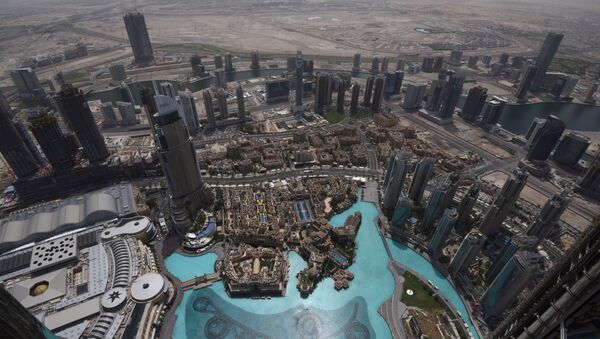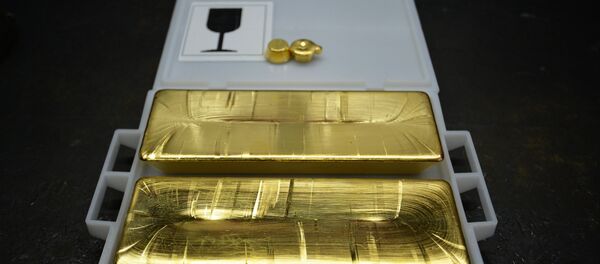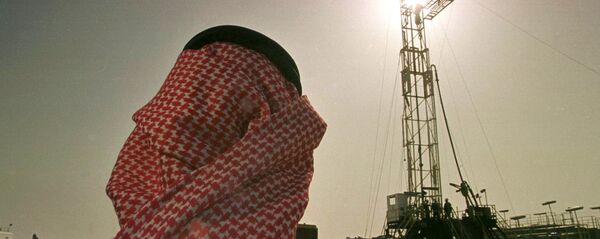Kristian Rouz – Dubai's $108-billion economy is facing the mounting pressure of international headwinds, with businesses pulling out of the emirate and private schools losing students. The emirate's GDP rose just 1.94 percent last year due to a slump in its real estate market.
READ MORE: Iran's Oil Exports Recover, Prices Spike Amid Venezuela, Libya Disruptions
This year, Dubai's economy continues to falter, although a rebound in oil prices has encouraged international investors, and the non-oil sector has shown signs of a gradual pickup in output. However, the outlook remains highly uncertain, with a new recession seen as a realistic possibility.
"Dubai's economy is still growing but the pace is easing," Ziad Daoud of Bloomberg News in Dubai said. "The slowdown, which began with the fall in oil prices in 2014, has continued unabated through 2018."
Meanwhile, the usage of Internet by business entities recorded a massive 27-percent drop — compared to near-zero growth in new residential clients of Dubai's Internet service providers.
A separate report from the bank Emirates NBD found Dubai's non-energy sector had expanded at its quickest pace since 2015 last month. According to the bank's Dubai Economy Tracker Index (similar to IHS Markit's Purchasing Managers' Index) business activity in the emirate's non-oil sector rose to 57.6 in March from 55.8 the previous month.
"While the rebound in the headline Dubai Economy Tracker Index is encouraging, it is clear that firms continue to price discount in order to secure new work and boost activity. The pressure to cut costs means that the recovery in the volume of activity has not translated into much job growth in the private sector," Khatija Haque of Emirates NBD said.
The Emirates NBD index is a measure of business sentiment rather than a hard macroeconomic indicator, with readings below 50 reflecting market expectations of a contraction, and figures above 50 point corresponding to growth.
However, data from the Dubai Statistics Centre paint a more disturbing picture.
READ MORE: India Cuts Iranian Oil Imports, Has No Plans to Stop Purchases — Envoy
In the fiscal year 2017/18, the number of students in Dubai rose just below 3 percent, far below the robust 8.5-percent growth recorded back in 2012/13. This also negatively affects the revenues of Dubai's schools.
Meanwhile, the emirate's real estate remains under pressure after last year's turmoil. Dubai's real estate index is down roughly 40 percent year-on-year, while property sales in the city have declined a massive 42 percent since 2014.
Tourism is another lucrative industry in Dubai, but the number of tourists last year held firm at 15 million — almost unchanged from a year prior, and a sharp contrast form the previous years.
"A weakening external backdrop, a strong US dollar and the ongoing correction in the property market are headwinds for a number of vital sectors," Monica Malik of the Abu Dhabi Commercial Bank said.
These developments might suggest the weakening pace of global economic expansion, as well as an ongoing moderation in upper-middle-class incomes across the advanced economies have weighed on Dubai's revenues, and restrained the emirate's GDP growth potential in the medium-to-longer-term.






